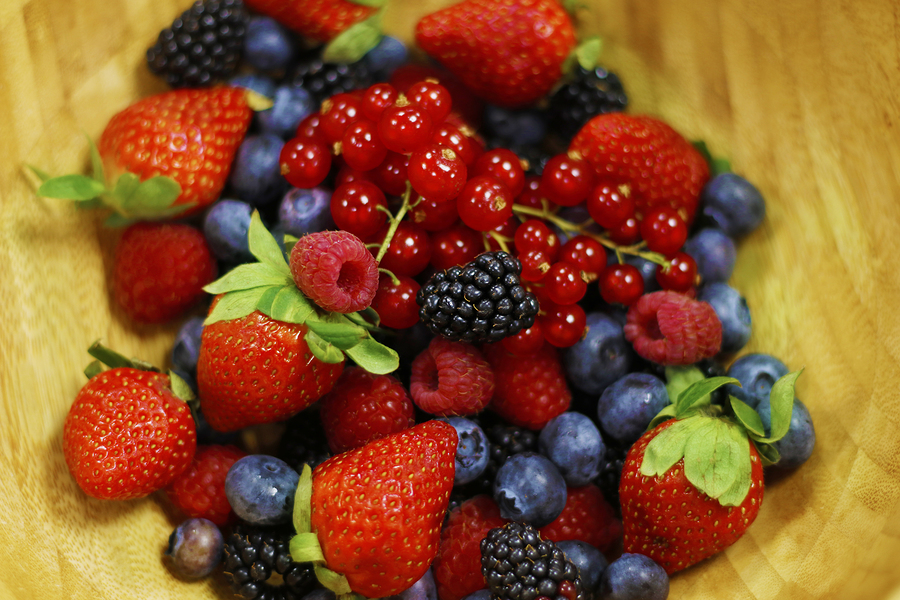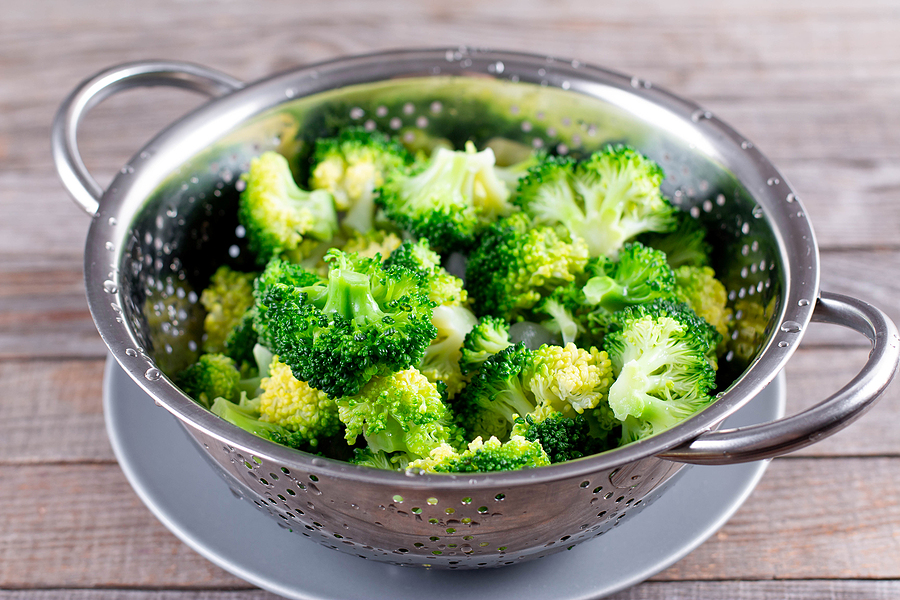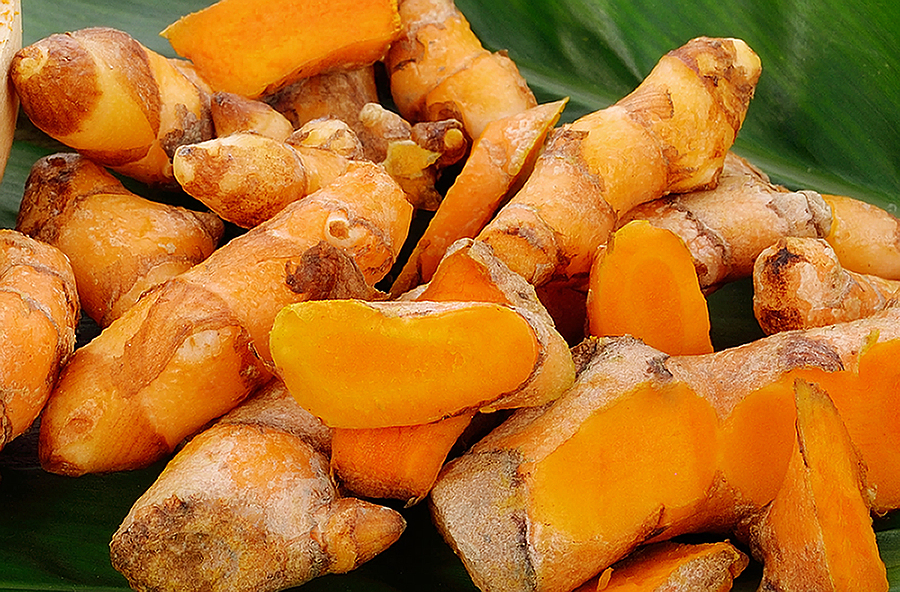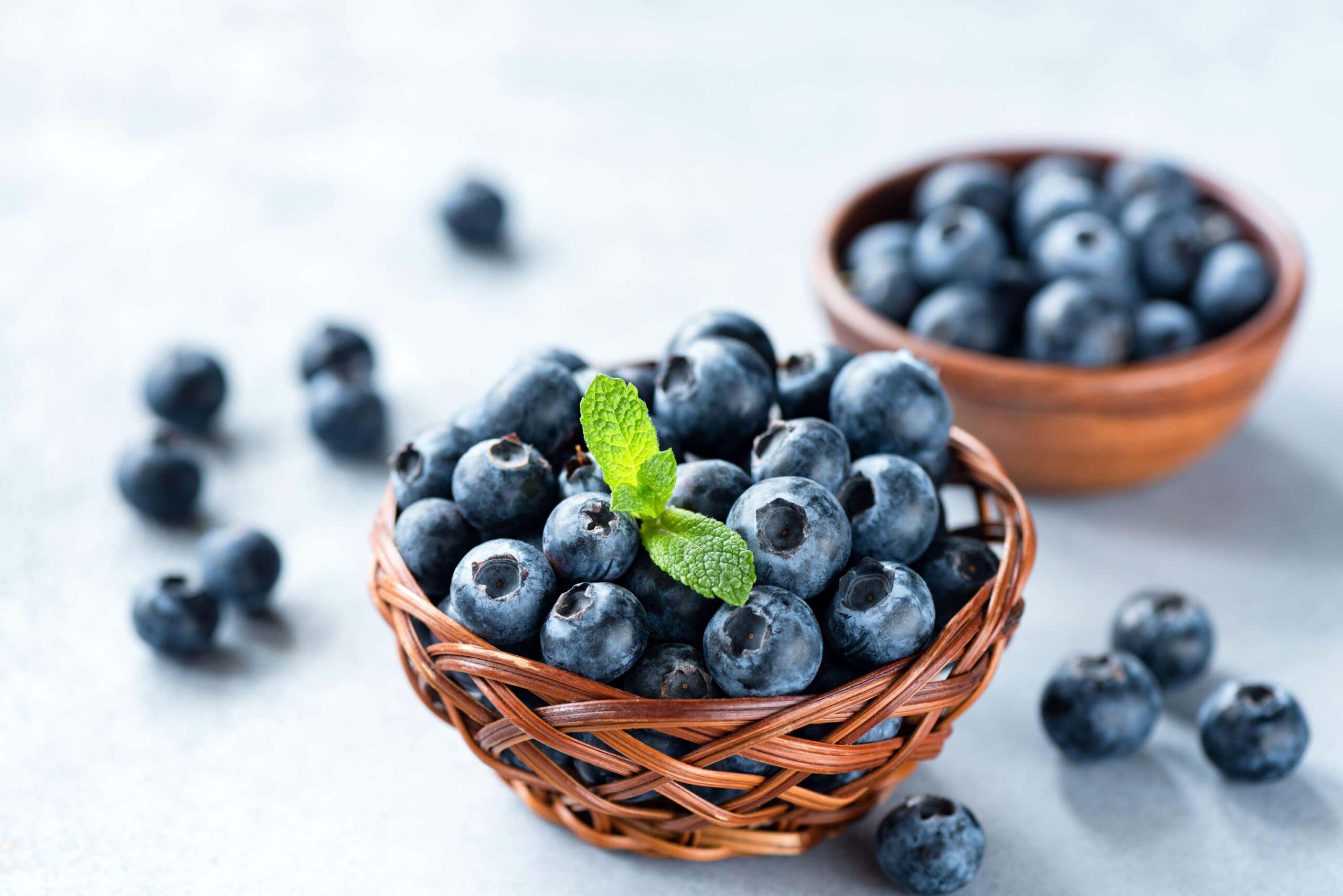4 of the best superfoods to help reduce inflammation
From strawberries to spices: why these nutritional powerhouses deserve some space in your fridge this summer
You’ve probably heard the term ‘inflammation’ mentioned on health podcasts and nutritionists’ Instagram posts, but do you know what the buzzword actually means?
Inflammation is a useful, short-term immune response that helps to protect your body from outside invaders, such as bacteria, toxins and viruses. When inflammation becomes chronic and long-lasting though, it can have a negative effect on our health, contributing to diseases like heart disease, cancer, stroke and diabetes.
Diet is just one key way that we can help to control chronic inflammation in the body – and while sugary and processed foods can worsen the problem, these superfoods may help to keep it in check.
Berries

Strawberries, blueberries, raspberries and blackberries don’t just taste great – they’re all rich in antioxidants too. These disease-fighting molecules help to protect your body against free radicals; unstable atoms that can damage cells, causing illness and aging.
All berries contain flavonoids, but certain varieties are more potent than others. Blackberries are known for their high content of the phytonutrient, which has powerful anti-inflammatory properties, and can play a role in supporting the immune system too.
If you can’t afford to buy fresh punnets of berries from the supermarket on a regular basis, you can pick up frozen varieties for much cheaper, which you can sprinkle over yoghurt or whizz into post-workout smoothies.
Fatty fish

We should all aim to eat at least two portions of fish per week, according to the NHS. Fatty varieties of fish, such as salmon, mackerel, anchovies and sardines, supply us with EPA and DHA – long-chain, omega-3 fatty acids that have well-documented anti-inflammatory properties.
When you eat these kinds of fish, your body breaks down the marine fatty acids into compounds called resolvins and protectins, which can help to reduce levels of inflammation in the body.
Tinned fish can be a tasty sandwich-filler, while larger cuts of salmon and tuna are great for adding into salads as a substitute for meat.
Broccoli

This staple of the Sunday roast dinner has some pretty impressive health benefits that many of us don’t realise. As well as being a good source of fibre and protein, this nutrient-dense powerhouse is especially rich in antioxidant flavonoids like kaempferol and quercetin.
It’s also packed with a variety of carotenoids, which can help protect against the development of skin cancer and certain eye diseases.
As well as being a great pairing with your roast beef, why not try adding broccoli into stir-fries, soups and side salads too?
Turmeric

Like kale and quinoa, this golden coloured spice has become one of those trendy ingredients that everyone now seems to have in their cupboards.
The reason? Because turmeric has some well-researched anti-inflammatory properties that can help to reduce the aches and pains associated with arthritis, as well as soothing inflammatory skin issues like acne.
Researchers have found that the bright yellow chemical that gives turmeric its unusual colour, called curcumin, is capable of interacting with a variety of molecules involved in inflammation, and some believe it’s just as effective at suppressing inflammation as over-the-counter painkillers.
You can sprinkle turmeric over vegetables and roast in the oven, add it to Sunday egg scrambles or have a go at making golden milk – a delicious Indian drink that involves warming cow or plant-based milk, with turmeric and other spices, such as cinnamon and ginger.
The Press Association
Latest posts by The Press Association (see all)
- World Penguin Day: Test your knowledge with our penguin-themed quiz - April 23, 2024
- Kate’s new photo of Louis released to celebrate prince’s sixth birthday - April 23, 2024
- Alan Titchmarsh: Slugs are never going to be my friends - April 23, 2024
- Prince Louis celebrates sixth birthday - April 23, 2024
- Special episode of Planet Earth III to be narrated by schoolchildren - April 22, 2024






















